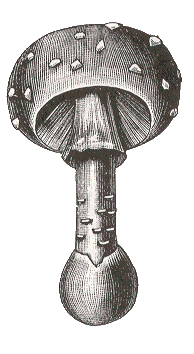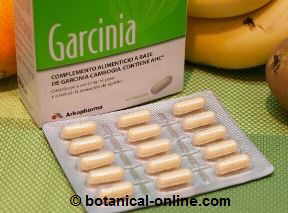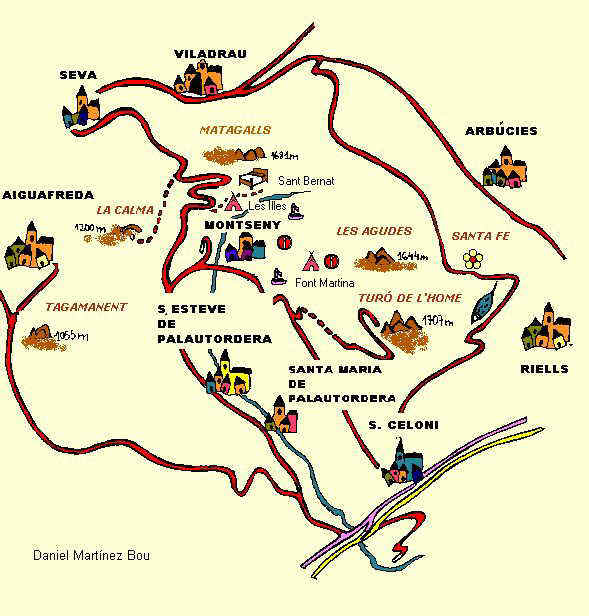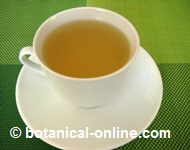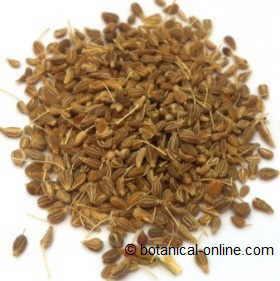Properties of Mediterranean diet
What is Mediterranean diet?
It is the type of diet that most people living near the Mediterranean sea practice every day. This includes such countries are Greece, Spain, Italy, Middle East and Balkan countries.
The Mediterranean diet constitutes a mixing of the nutrition provided by many cultures living in this area from ancient times (The Greek, The Romans, The Muslims, etc). Most of the foods used in this diet are cultivated here many years ago (Wheat, barley, olives, grapes, cherries, apples, cabbages, etc)
Mediterranean diet foods
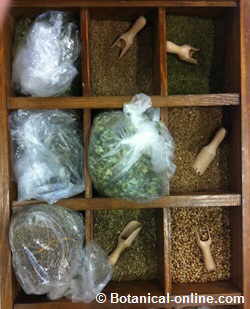
Cabbage, for example, is a plant that has been of fundamental importance in Europe since antiquity. Known by the Celts and highly regarded by the Greeks that served it in public meals, was mentioned in the scripts of playwrights like Epicharmus (sixth century B.C.) saying that it encouraged curing diseases.
In Roman times, was cited by Cato in his book “De Rustica” as a remedy for intestinal or pulmonary disorders, and especially to increase milk production in women who were breast-feeding.
As a matter of fact, olive tree, wheat and vine have been grown since ancient times. They have been, and they still are, the most used food producers plants in the Mediterranean area.
Other foods, widely cultivated now, were brought by Arabian invaders, such as artichokes or spinach coming from Arabic Peninsula, melons or watermelons from Africa or oranges, apricots and figs from the East.
Other cultivated ones were imported from America, after its colonization, such as potatoes, squashes, tomatoes, corn or peppers. All of them very used in Mediterranean diet nowadays.
MEDITERRANEAN DIET BENEFITS
Advantages of Mediterranean diet
It is said that Mediterranean diet is the most adequate heart healthy diet. Many studies have been realized about the beneficial effects of this diet, specially related to heart health, reduction of cholesterol and cancer prevention.
Other studies have stated that people eating this type of diet are less likely to suffer respiratory diseases such as allergy, allergic rhinitis or asthma.
However these are not the only benefits of this diet. Eating this type of diet can take control of some other anomalies, such as diabetes, constipation or diarrhea.
All these benefits may support all the studies concluding people eating this type of diet use to live longer than those basing its nutrition of animal food.
Mediterranean diet cholesterol
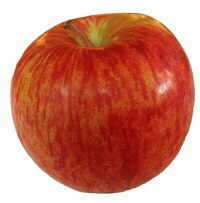
Mediterranean diet minimizes animal fat foods because they contain cholesterol and contribute to gain weight. In its place, emphasis is placed in other satiating foods that, apart from supplying many calories, they also give us vitamins, minerals and other components necessary for good health.
Among the main caloric food we have to mention carbohydrates obtained from cereals or their derivatives (rice, oats, wheat, bread, pasta, oatmeal, etc.) and legumes (beans, lentils, broad beans, peas, chickpeas, etc.). Bread is most important in the mediterranean diet. Whole bread is better. This diet hardly uses margarine or butter with bread. olive oil, tomato or garlic is preferred to rub on it.
We must not forget the importance of vegetables in this diet. Vegetables are very little caloric foods with a high water content which promotes its lightness. These foods, because of their high content of antioxidants, also prevent the negative effects free radicals can exert on the body.
Vegetables with antioxidant properties particularly interesting in this diet are carrots, onions, peppers, cucumbers, lettuces, courgettes, squashes, chard or cabbages.
Fruits must also be distinguished here as providers of easily assimilated sugars and a whole world of vitamins, minerals and phytochemicals much needed to prevent the occurrence of many diseases. (apples, oranges, figs, pears, melons, watermelons, grapes, peaches, etc.)
Olive oil in mediterranean diet
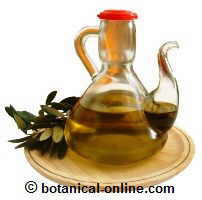
Vegetable oils such as olive oil, sunflower, rapeseed oils or canola oils replace animal fats in the Mediterranean kitchen. Oil olive is the ” king of fats” in this kind of diet. Very rich in monounsaturated fatty acids especially valid for lower levels of ” bad” cholesterol and raise “good” cholesterol.
Olive oil is ideal for eating raw in salads and is a good oil for frying fish, potatoes or meat. Naturally, it is better to eat it raw whenever possible. A slice of bread rubbed with tomato and garlic and seasoned with olive oil is a clear example of a healthy snack and a good regenerator of the arteries.
Although nuts contain high amounts of fat, they are very poor in saturated fats. They also should be added to the Mediterranean diet. Almonds, walnuts, chestnuts or hazel nuts are specially interesting because they provide with vitamin E, and calcium.
They also have most of the B group vitamins. These vitamins, together with its richness in protein and minerals such as calcium, phosphorus, potassium, copper or iron determines that these foods are very suitable for those wishing not to eat so much meat.
However, they are very caloric foods, with a high content of fats, so they should be eaten moderately.
Low fat Mediterranean diet
If you do not want to dispense altogether with meat as a provider of proteins and fat, it is best to eat lean meat such as chicken, or eat fish, especially blue fish (sardines, mackerel, salmon, tuna, etc.) at least a couple of times a week.
This type of food is very rich in omega 3 fatty acids, so it reduces the level of bad cholesterol (LDL) and increases the level of “good” cholesterol (HDL), so that it thins the blood. We recommend three meals a week of oily fish for those with some form of heart disease. (See more information on cholesterol)
Mediterranean diet also proposes eating foods rich in potassium and low in sodium. These foods help to eliminate excessive body water, reducing sodium level will help to lower blood pressure, another factor that can trigger angina pectoris, heart attack, heart failure, hypertension or other heart diseases. Among the richest foods in potassium we have potatoes, bananas, tomatoes, peaches or grapes.
Canned food should be avoided, either animal or vegetable origin, for its high sodium content. Instead of salting food, mediterranean diet stresses the use of herbs and spices to flavor meals. Very famous herbs or spices are parsley, garlic, oregano, rosemary, sweet bay or sage.
Milk and cheese in the Mediterranean diet
Milk has also been very important in the Mediterranean diet, particularly goat’s milk. Milk provides proteins, calcium and Vitamin B. Even more interesting that milk are some milk derivatives, such as cheese or yogurt.
Yogurt has traditionally been done in some Mediterranean countries as a more digestive form of ingesting dairy products. Greek yogurt, done from goat’s milk, is world famous. Either cheese or yogurt are more assimilable that milk, specially as people grow up.
The reason is animal milk needs lactase enzyme to digest lactose in milk. These enzymes are found with the appropriate amount in nursing infants, but as you stop nursing, lactase is being progressively reduced causing bad digestion which results in gastrointestinal anomalies such as heartburn, flatulence,, diarrhea, or constipation.
Mediterranean diet red wine
A moderate alcohol consumption can improve circulation. So, Mediterranean diet makes us of wine. Red wine is rich is a component called resverastrol. This component, together with the flavonoids catechin, gallocatechin and anthocyanin, is responsible for people drinking this beverages have less heart attacks. The reason is also attributed to the action of polyphenols with other components such as tannins.
All these components are able to lower cholesterol and triglycerides and thinning blood, preventing the occurrence of thrombus. This seems to show that people who regularly consume black wine moderately are less likely to suffer vascular accidents, such as heart attacks, strokes, thrombosis, poor circulation, etc.
According a study conducted at the Hospital Clinic of Barcelona, polyphenols are the main responsible. These are capable of reducing the appearance of low density cholesterol or bad cholesterol in the blood up to 30%. they also prevent atherosclerosis by 96%. Drinking three drinks per day for men and two women, along with other natural foods, can be a good way to cure circulatory diseases.
![]() More information about diets.
More information about diets.

